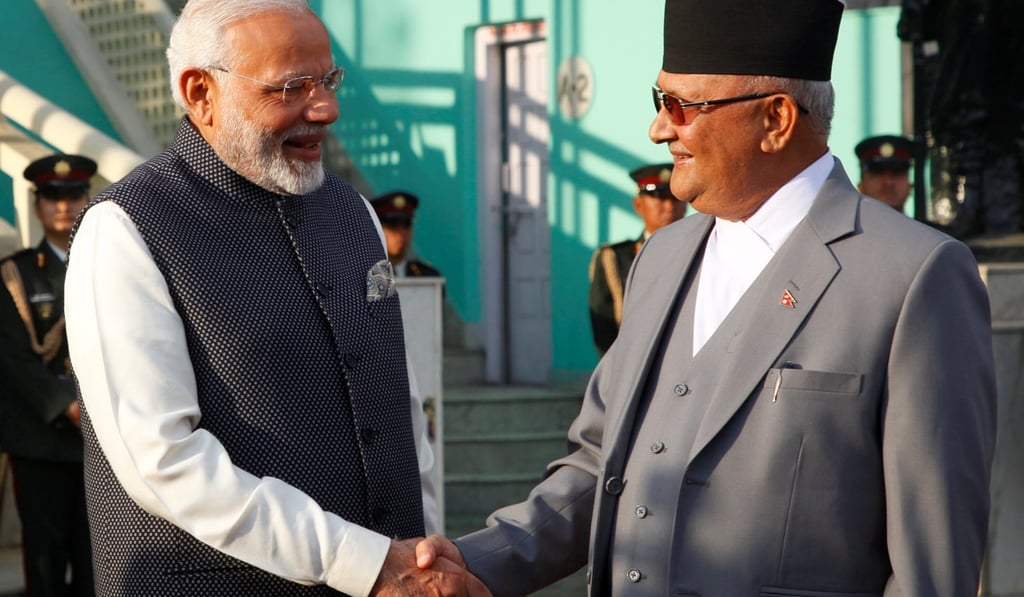As Oli comes calling, what does Nepal want from China?
After successfully re-engaging India, Nepal’s leader may have new-found leverage in negotiating terms for major infrastructure projects with Beijing

As Nepal’s Prime Minister Khadga Prasad Sharma Oli embarks on a visit to Beijing, a meeting that starts on June 19, his successful resetting of ties with India is likely to give him the elbow room he needs to rev up relations with China, which were once on the upswing but have slackened of late.
Chinese tourists are flooding into Nepal, and the floodgates haven’t even opened
India’s economic blockade in 2015 to force Nepal to amend its constitution had triggered a wave of anti-India sentiment that Oli rode successfully to maintain power last year. At the height of the blockade, when Oli was the prime minister, he was seen as standing up to India and closing the gap with distant China to its north. China officially agreed to provide an alternative access to Nepal to its seas and land routes, ending the landlocked nation’s dependence on India, its next-door neighbour to the south with which it shares an open border. Oli’s return to power – after an election marked by strident anti-India rhetoric by him – was expected to take China-Nepal relations to greater heights, but things have not gone according to script.

There have been some major setbacks, mainly in the implementation of hydroelectric projects China has undertaken. “We will mobilise Nepal’s internal resources and build the West Seti hydroelectric project,” the country’s Finance Minister Yubaraj Khatiwada said late last month in parliament, on a project that China’s Three Gorges Corporation was expected to complete along with the Nepal Electricity Authority by 2019. The authorities say the two sides developed differences on the terms of the project and China complained of a lack of “proper working atmosphere”.
Nepal leader vows to revive Chinese dam project, open to review pact over Nepalese soldiers in India
Nepal supposedly insisted on obtaining US$400 million, around a fourth of the total project cost, from China Exim Bank, as soft credit in advance to begin work. China, on the other hand, is understood to have pushed for a restructuring of the earlier agreement and lowering the generation capacity to make it cost-effective.